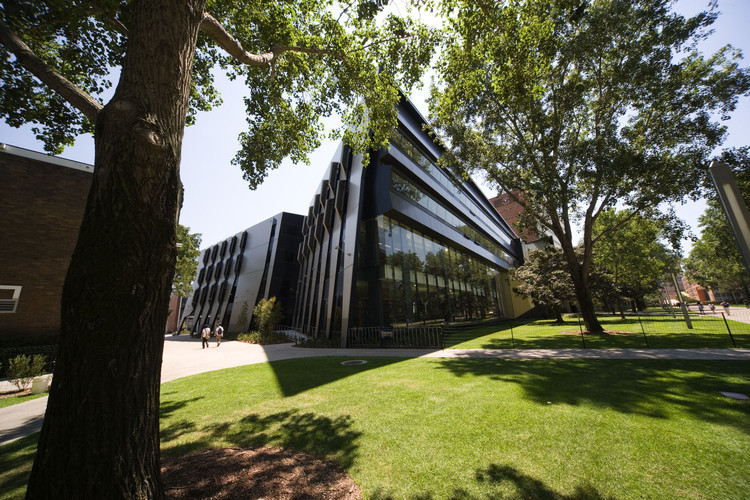Q&A with the Head of School and Acting Dean at UNSW LAW, Professor Andrew Lynch
---
The Impact Lawyers is publishing a series of interviews with deans of the world's leading law schools. On this occasion, Professor Andrew Lynch, Acting Dean of the Faculty of Law at the University of New South Wales (Australia) answers the questions in this interview.
1. What are the main differences between the teaching methods used in law studies at the leading universities in the world that you know of?
I suppose the standard model for most university programs is the lecture-tutorial model, though even this can’t be simply generalized and may in fact display some real variation in terms of the hours of either mode of instruction, not to mention class size. The legal education offered at my own institution, UNSW, offers an alternative to this – we have never held lectures but teach all students in interactive seminars, with no formal delineation between instruction and student engagement. In this model, the focus is on facilitation of student learning where the students are the centre of the experience, active participants in their learning rather than simply recipients of information.
It is undeniable that digital learning platforms are increasingly a feature of today’s legal education, with their importance obviously and rapidly increased during the COVID pandemic. This offers some really exciting opportunities not just for ‘being online’ but what can happen in face to face classes.
2. In view of the ongoing legal transformation, do you think that different subjects should be taught, such as management, business management or technological skills?
I think it’s certainly necessary to ensure the development of technological skills – both incidentally to learning (eg using online group video conferencing) but also directly (eg proficiency with established online legal tools, most obviously for legal research). Management skills and related content seem more appropriate for dedicated focus in postgraduate or professional education programs offered by Law Schools.
3. In your opinion, is it advisable for law students to specialise in a specific area of law while still at university or, on the contrary, do you think that specialisation is a process that should be followed after graduating?
Each individual student should pursue the path they feel is right for them. But my general advice is that students should lean to learning broadly during their degree, exposing themselves to different areas rather than assuming that only one thing is for them. Many times I have seen students move in a very different direction from that which they originally intended when they commenced legal study.
 University of New South Wales Law Building. Source: John Gollings Photography
University of New South Wales Law Building. Source: John Gollings Photography
4. Do you think it is advisable for practising lawyers to form part of the teaching staff at universities, or do you think it is better for university lecturers to devote themselves exclusively to training?
I think experience in practice, like diverse experiences generally, enriches a university law department – and obviously brings opportunities for the education of students. Just how desirable it is may depend on the area in question – litigation being a clear example of where a background in practice will have direct relevance as opposed to, say, legal history or international law.
5. On average, how long does it take for a recent law graduate to find a job in your country?
This will depend on many variables – including other qualifications the graduate may have, their work history, home state and willingness to move or explore a broad array of options. It may also be affected by which institution they have completed their degree with. Many of our students have lined up a position in a firm or with government prior to graduation.
Related links
Main menu






